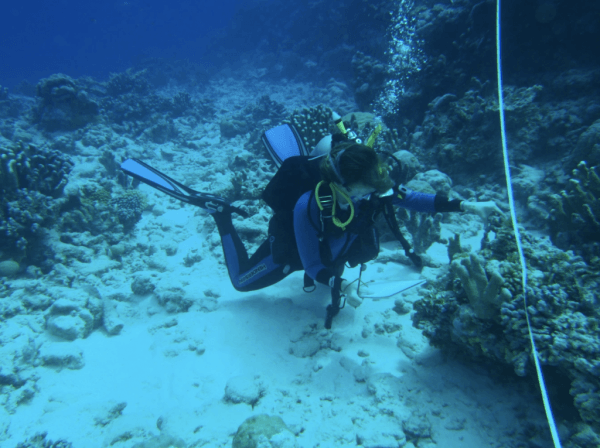A new UBC study on the impact of climate change on coral reefs is raising sticky questions about conservation.
A new UBC study on the impact of climate change on coral reefs is raising sticky questions about conservation.
It found coral in more polluted and high traffic water handled extreme heat events better than a more remote, untouched reef.
The new study, conducted with researchers from the Republic of Kiribati’s Ministry of Fisheries and Marine Resource Development, focused on two atolls in the Central Pacific, located 59 kilometers apart.
“Because of El Niño-Southern Oscillation, which causes ocean temperatures to fluctuate along the equator from year-to-year, these coral reefs experience heat stress more often than reefs in other parts of the world,” says the study’s lead author Sara Cannon, a PhD student at UBC’s Institute for the Oceans and Fisheries and the department of geography.
Read more at: The University of British Columbia
PhD candidate Sara Cannon conducting surveys in Abaiang. (Photo Credit: Dr. Simon Donner)




